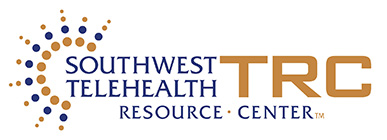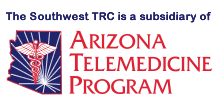The federal Bipartisan Infrastructure Law allocated $65 billion to support infrastructure planning, digital inclusion initiatives, and deployment projects that connect individuals and communities to the technologies, skills, and resources demanded by today's economy. This initiative aims to make high-speed internet affordable for all. The Bipartisan Infrastructure Law encompasses various initiatives designed to allocate funding towards specific communities.
- Home
- About Us
- Region
- Blog
- Online Education
-
Resources
- Artificial Intelligence
- Billing Guides and Resources
- Broadband
- Business & Finance
- COVID-19
- Cybersecurity
- Digital Health Navigators
- Disaster Preparedness
- Fact Sheets
- For Healthcare Providers
- For Patients
- Form Templates
- Funding Opportunities
- General
- Health Access Resources
- Language Service Providers
- Library Telehealth Resources
- National Telehealth Access Points (TAP) Map
- Newsletters
- PodCasts
- Policy & Sustainability
- Quality Improvement and Quality Assurance
- Regional Legislative Tracker
- Standards & Guidelines
- State Specific
- Telemedicine & Telehealth Service Provider Directory
- Telemedicine Information
- Tools & Tips
- Events
- Training
- Contact Us

